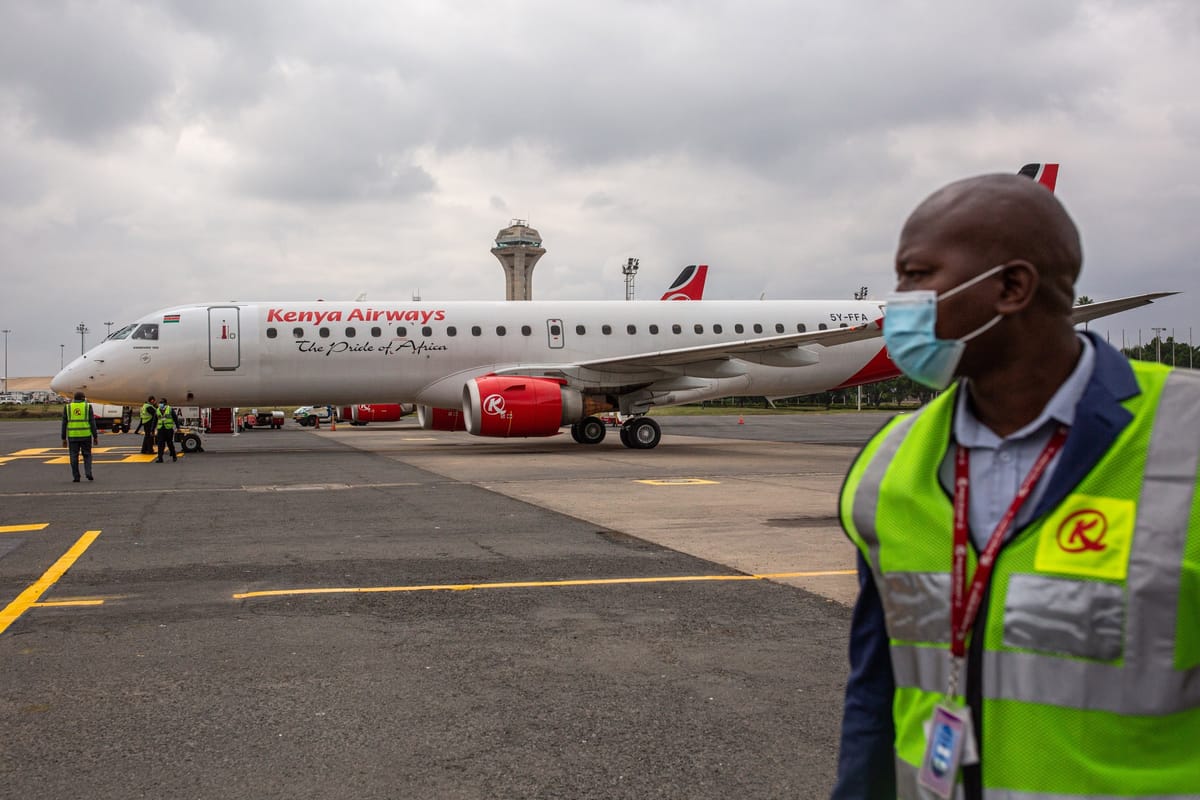Kenya is visa-free but there's a caveat
We examined the Kenya visa-free regime and the introduction of the eTA, Electronic Travel Authorisation.

In October 2023, Kenya lifted visa restrictions for visitors in a bid to promote continental trade. According to President William Ruto, "It is time we realise the importance of trading among ourselves and allowing goods, services, people and ideas to move freely across the continent...We must remove any impediments to the movement of people around our continent."
However, the implementation of the visa-free policy, intended to begin this month, came with its set of requirements.
Zimbabwean journalist Hopewell Chin'ono expressed dissatisfaction, stating, "Kenya is not telling the world the truth when it says that it is now visa-free; it is not." Chin'ono referred to the introduction of Electronic Travel Authorisation (eTA), priced at $34, slightly lower than the previous $51 visa application fee. "It has, in fact, made traveling there more difficult for Africans who didn’t need a visa before," remarked Chin'ono.
Every visitor will be required to get an eTA, except citizens of East African Partner States—Burundi, Democratic Republic of Congo, Rwanda, South Sudan, Tanzania and Uganda. This exemption will last for six months, according to the Kenyan government.
Other exemptions from eTA requirements include Kenyan passport holders, emergency certificate holders, permanent residence and work permit holders, UN travel document holders, accredited diplomatic missions and international organizations members, transit passengers not leaving airports, passengers on ships without disembarking, and crew members on listed journeys. Owners of private aircraft stopping for refueling in Kenya without leaving the airport are also exempted.
Additionally, eTA applicants must possess a valid passport with a minimum validity of six months beyond the planned arrival date in Kenya, featuring at least one blank page. Additionally, applicants are required to provide a selfie or passport-type photo, contact information including email address and phone number, details of their arrival and departure itinerary, confirmation(s) of accommodation booking, and a credit card, debit card, Apple Pay, or alternative payment method.
The eTA website outlines additional requirements based on the visitor's country and purpose of visit. "Kenya’s eTA is actually worse than the previous eVisa system," criticises Kenyan journalist Larry Madowo.
According to Kenya's Ministry of Interior, the introduction of the eTA aims to establish a fair, faster, and reliable system that addresses security and other strategic interests. The ministry asserts that the eTA will ensure equal treatment, reduce fees, collect advance personal information (including visitors from the 51 countries previously exempt), decrease processing time from 14 days to three days, and a 24-hour eTA desk.
Despite the Kenyan government's intentions, some travelers and observers argue that the procedure is unnecessary and cumbersome. Jones Ntaukira, founder of Zuwa Energy, a Malawi-based cleantech startup, comments, "It’s not the $30, but I think it’s the process of having to apply online, wait for three days, and then submit documents. We didn’t have that before."
Conversely, Kenyan tour guide Muthuri Kinyamu told CNN that the eTA might have a positive impact on travel and tourism in the country, noting that "the spirit of it is to make the destination an open and accessible place by standardising the rates."
Also Read: Cyberattack quietly rocks Kenyan Airways






